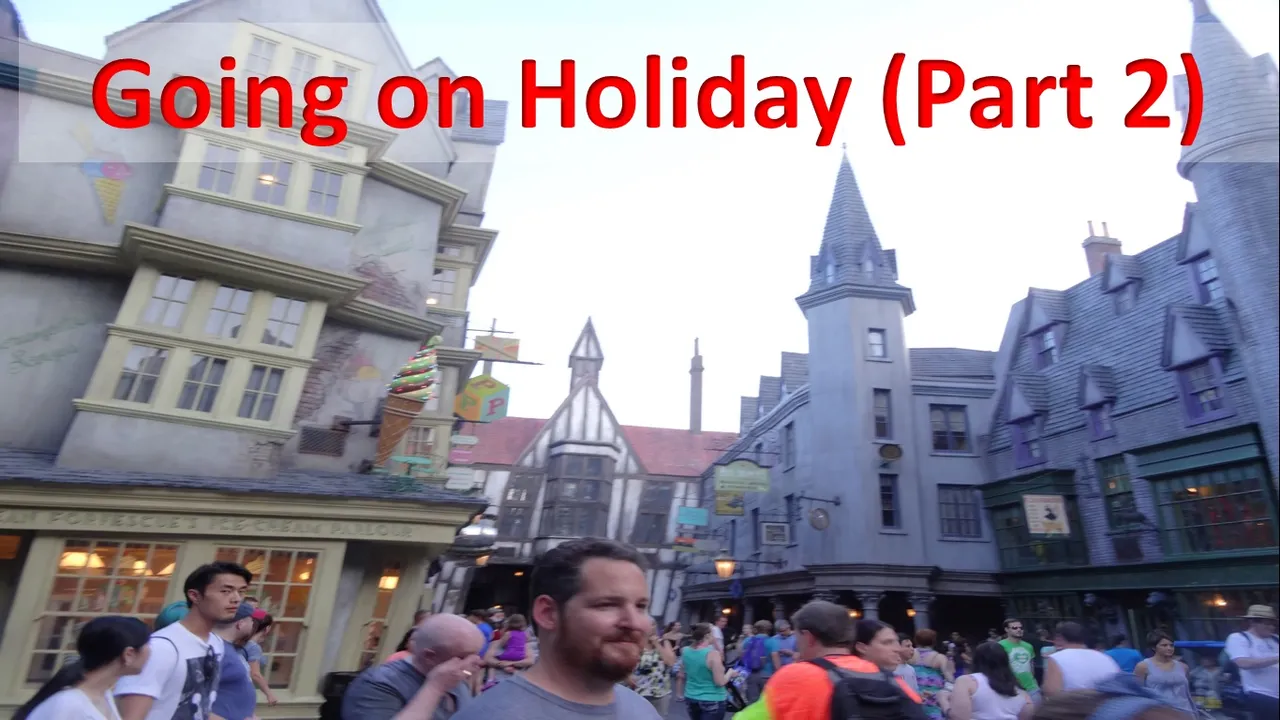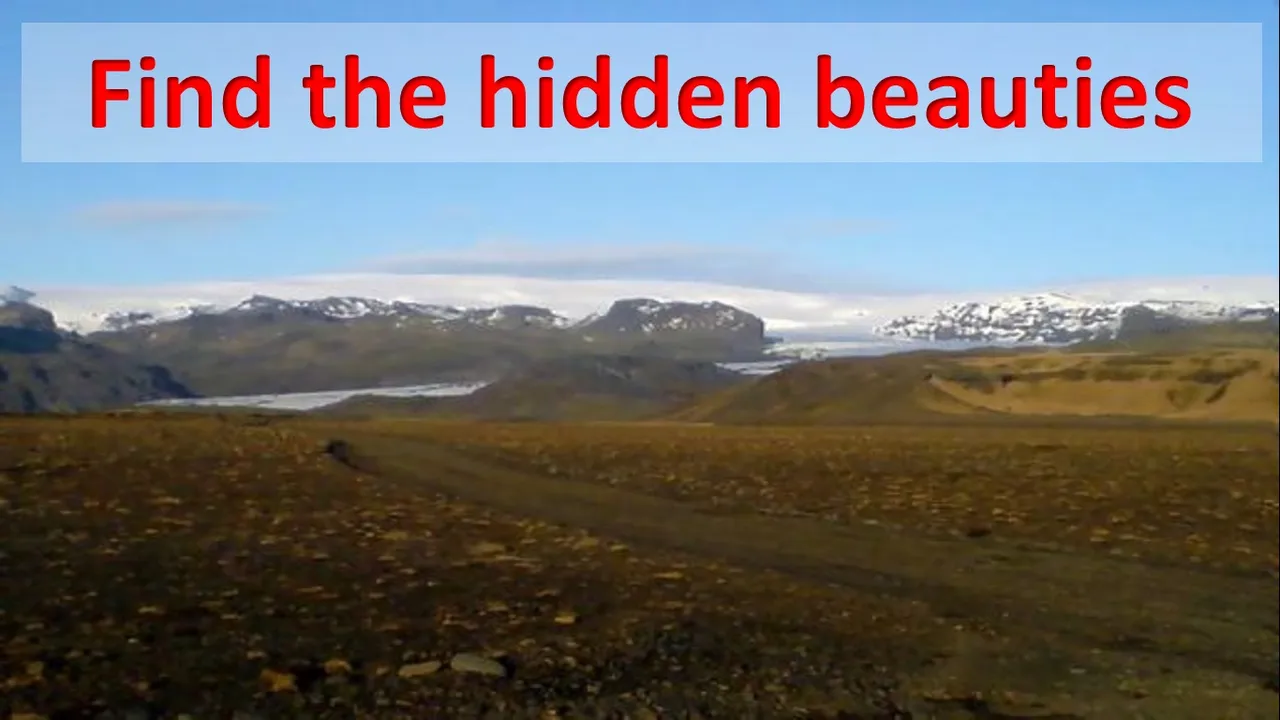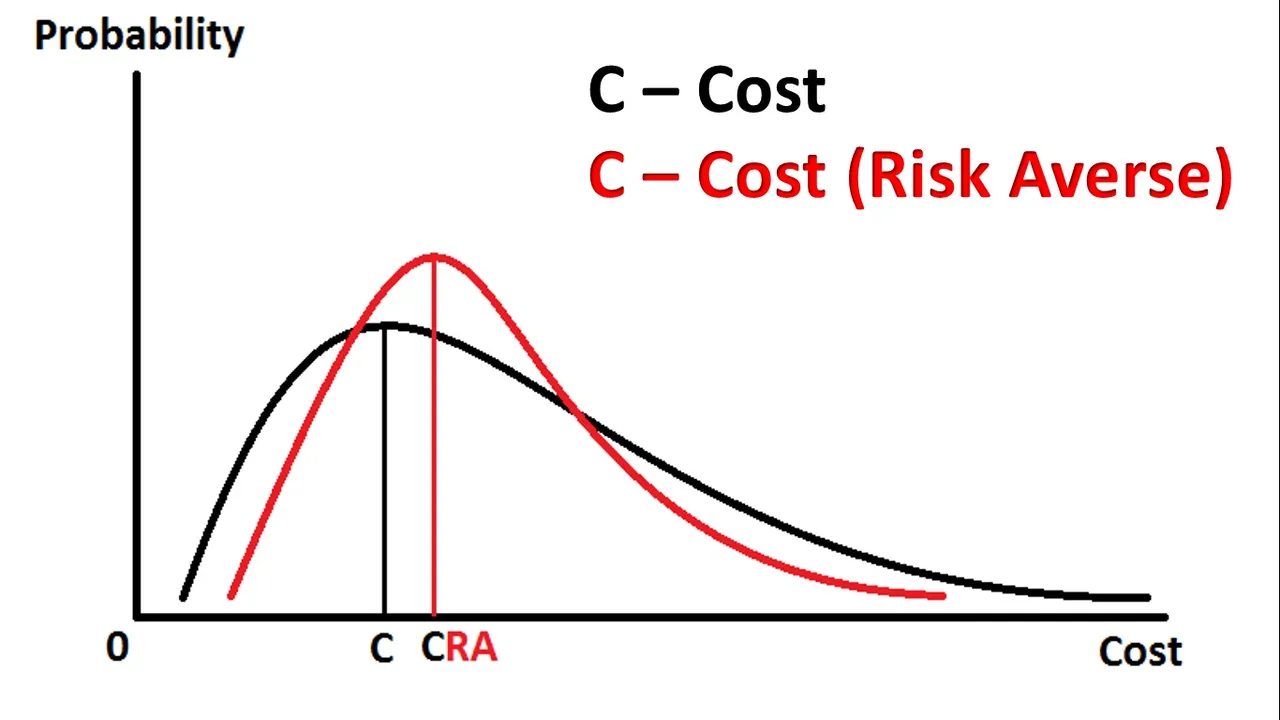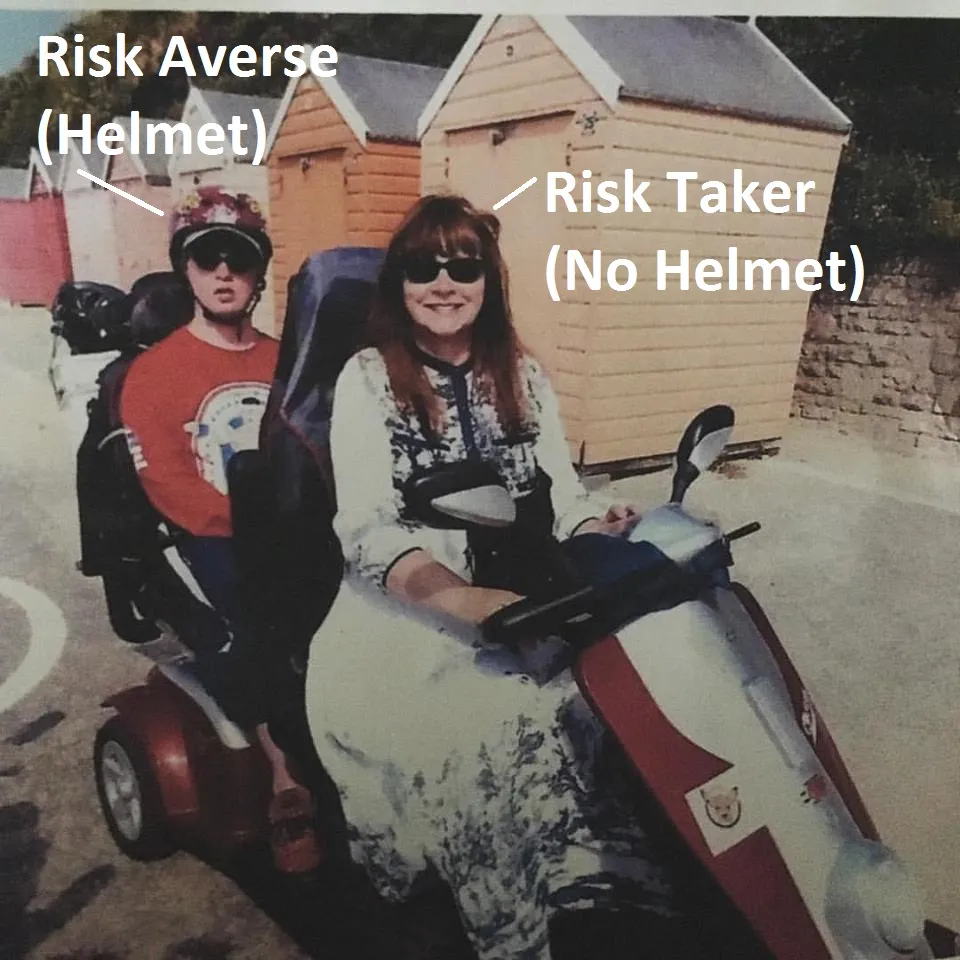
Welcome to Part 2 of ‘Economics is Everywhere – Going on Holiday’. In Part 1 I looked at deciding where to go, how to get there, and if you should book in advance. Part 1 was about what needs to be considered before you go off on your holiday. Part 2 will look at the holiday itself. The following areas are discussed in this post.
- What to do once you arrive
- How you go about doing what you decide to do
- Food and drink
- What to do when things do not go according to plan
What to do once you arrive
The question of ‘What to do when you arrive’ will depend on the extent of your planning prior to leaving. You may have planned every detail of your holiday before leaving. Let’s assume that several decisions still need to be made on arrival. You may have arrived with certain places in mind that you want to visit or you may have arrived with a completely open mind about what you want to do. Whatever the case, it really comes down to preference. Some people are more comfortable following a plan while other just like to explore.

If you have nothing planned
If you have nothing planned, you will most likely start investigating what to do. There a few ways you could do to go about doing this. You could physically go out and find things to do or you could obtain information before heading out.
If you are staying in a hotel, you can ask someone at the desk about places to visit or you can pick up some brochures of the most popular places to visit. You could also go online to find out more information. Considering that most holiday destinations are now very commercialised it is very easy to find out about the most popular attractions. The information will give you a good idea of how much time and money you need in order to visit a place or to enjoy an experience somewhere.
Some people do not like to be confined to just the popular and commercial attractions and locations. Self-exploration allows flexibility to find what is appealing. Self-exploration also runs the risk of not finding anything interesting to do and this is most likely to happen if you have done no prior research or you are unfamiliar with the area. Another option might be to use local knowledge. If you know people who live in the area or if you are quick at making new friends, you might be able to experience places that are not well known or advertised.

If you are following a plan
If you are following a plan, you should have a good idea of what you want to and when you want to do it. Even in this case, you may still want to deviate from the plan if other opportunities arise or if your planned route reveals something even more interesting than you intended to experience.
It is also possible that you are on holiday to just simply relax at the resort or beach. This type of holiday does not require too much research or exploration; you are just get there to unwind.
It really comes down to your own preferences. What could be a great holiday for one person could be a terrible holiday for another. It is important to know and understand what you enjoy in life. It is also important to able to find out how you can obtain that enjoyment and to do it within your means.
How you go about doing what you decide to do
If you have a good idea of what you want to do, then your focus might be the order that you want to visit certain places and how you want to go about visiting them. This takes me to my next section ‘how you go about doing what you decide to do’. Many attractions will have guided tours. Guided tours tend to be informative but also structured and often quite expensive.
If you explore yourself, you will have more freedom and will pay less but you also risk missing out on certain aspects of a place or attraction. I, personally, like to have the additional freedom to explore. It is like I have said in my other posts, it is all about personal preference. Some people prefer very structured organised holidays while others prefer more freedom and adventure.

Food and drink
Deciding what to eat and where to eat is often an important decision when on holiday. Do you try something exciting and new or do you try to keep with something you are more familiar with? Many countries and cultures are often defined by their dishes. Eating local food can enhance your travel experience. It can also make you sick as well if your body does not adjust well to the different foods. Eating food at establishments (fast food restaurants such as McDonald’s or KFC) that you are familiar with, will reduce your risk of getting sick but could also take away an important experience from your holiday.

Local dishes can be experienced at restaurants or at local markets. Restaurants will be more expensive but the food served is less likely to make you sick. Local markets are cheaper and provide you with a local atmosphere that you will not get at a restaurant but you are at a higher risk of getting sick. The risks will vary considerably depending on where you have chosen to take your holiday.

What to do when things do not go according to plan
It is unusual for everything to go exactly how you planned it to go. Many things can affect your plans. Such things include:
- the weather
- unreliable transport
- falling ill or getting injured
- accidents
- unforeseen closures (attractions, venues, or locations)
- crime
- disagreements with travel companions
Some people like to plan for unfortunate events. This planning could involve getting travel insurance, arranging alternative activities in event of bad weather, or allowing extra time in the event of delays. What action someone takes depends on their level of risk aversion and ability to anticipate potential problems.
A risk averse person is likely to get travel insurance and allow for extra time to reach locations. These are what we call risk mitigation strategies. Risk mitigation requires additional costs but reduces the chances of paying unexpected costs. A person who is risk preferred or risk immune is unlikely to bother with travel insurance or allow for extra time to reach locations.
A risk averse person prefers certainty. They prefer a narrow range of possible costs. A risk neutral or risk preferred person has less desire for certainty and a higher tolerance for fluctuations in costs. See the figure below. The red curve represents a risk averse person (narrower range of possible costs). The black curve represents a risk neutral or risk preferred person (wider range of possible costs). Greater certainty comes at a price, a risk averse person on average pays more than risk neutral or risk preferred person. Insurance companies like risk averse people.
Distribution of costs (risk averse vs. risk neutral)

A well-informed person will take risk mitigation steps when necessary. If, for example, a journey to a particular place regularly (regularly could something different for different people) fluctuates between 2 hours and 4 hours. The well informed person will allow for the extra two hours. If, for example, a journey to a particular place nearly always (as with ‘regularly’ this could mean something different for different people) takes 2 hours. The well informed will realise it is not necessary to allow for any additional time.
A purely risk averse person (just fears risk regardless of the information available) will allow for extra time regardless of the likelihood of an event occurring. A person can be well informed, well prepared and risk averse. This type of person will apply risk mitigation strategies earlier than someone who is less risk averse (they could also define ‘regularly’ and ‘nearly always’ differently as well).
Economic Concepts applied
Several economic concepts can be applied or used to explain the way people behave on holiday.
In Part 1 I discussed risk, cost benefit analysis, and constrained utility maximisation. These concepts still apply whilst on holiday. On holiday there are the risks of arriving late, getting sick, getting robbed, bad weather, etc. You will also want to get as much enjoyment as possible while working within your budget; this can be achieved using cost benefit analysis or maximising utility based on you constraints.
In Part 2, I have also covered risk mitigation strategies and have explored personal preference and choice. There are so many different ways you can enjoy a holiday. It all comes down to individual preferences. Do you prefer structured or unstructured, relaxing or adventurous, or consistency or the unexpected? Do you feel the need to spend extra money to reduce the risk and costs of unexpected events or would you rather just take things as they come? It is really all up to you. You just need to be aware of what provides you with enjoyment and you need to find out how you can get that enjoyment out of a holiday.

This brings me to the end of Part 2 of ‘Economics is Everywhere - going on holiday’. Part 1 can be accessed using the following link: https://steemit.com/economics/@spectrumecons/economics-is-everywhere-going-on-holiday. I strongly recommend that you read this post to get the full picture.
You hope you have found these two posts interesting. I will continue next month with more posts in this series. There are still plenty more posts to come this month if you are interested. These posts include contests (meme and video), economic concept posts, and even a short video with my dogs.










